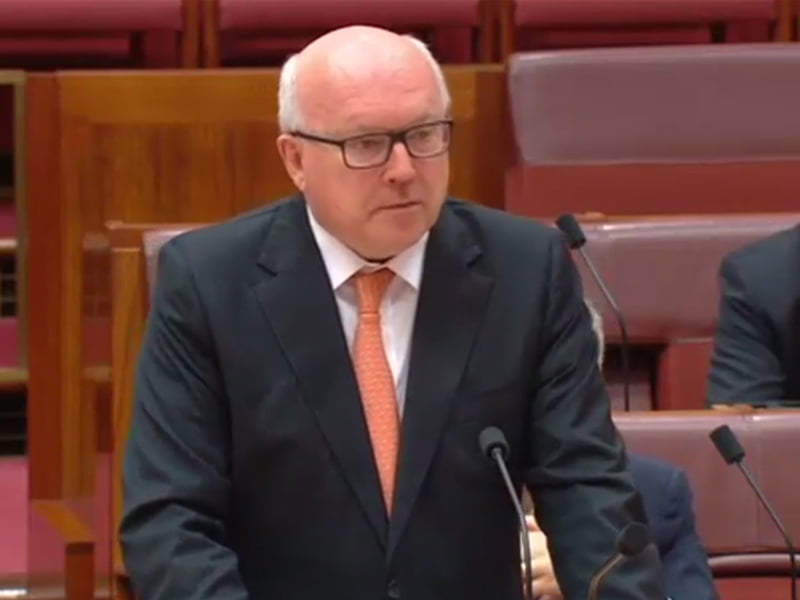It started with the telecommunications sector, now the Australian government is looking to better ‘safeguard’ other parts of Australia’s critical infrastructure – electricity, water and ports – from potential malicious risks.
Government has requested feedback on the Security of Critical Infrastructure Bill 2017, which proposes two new key measures.
The first – if the new Bill is passed – gives government “last resort power” to assume control of privately-owned assets in the event of a national emergency, or where the asset owner or operator has not implemented mitigations to address the risk, or where there is no existing regulatory framework in place.

The other measure requires that all critical assets to be registered to give the government greater visibility over who owns, controls, and has access, so that authorities can better assess which assets are most at risk of espionage, sabotage and coercion risk.
The proposed law changes were prompted by increased foreign involvement in the local critical infrastructure.
Attorney-General George Brandis said the legislation would “help manage the complex and evolving national security risks from foreign involvement in Australia’s critical infrastructure”.
Foreign involvement in Australian infrastructure – whether through direct investment or partnerships – was critical to the domestic economy, Mr Brandis said. But with that increased foreign participation came the potential for increased risk.
“However with increased foreign involvement, through ownership, offshoring, outsourcing and supply chain arrangements, Australia’s national critical infrastructure is more exposed than ever to sabotage, espionage and coercion,” Mr Brandis said.
This comes just a month after the introduction of the Telecommunications Sector Security Reforms where telco providers were given certain legal obligations related to protecting networks and facilities from unauthorised access and interference.
Government established a new Critical Infrastructure Centre within the Attorney’s General’s Department earlier this year to help government and owners of critical infrastructure to develop “coordinated, whole-of-government national security risk assessments and advice to support government decision-making on investment transactions”.
Submissions for the bill will be accepted until 10 November 2017.
Do you know more? Contact James Riley via Email.

